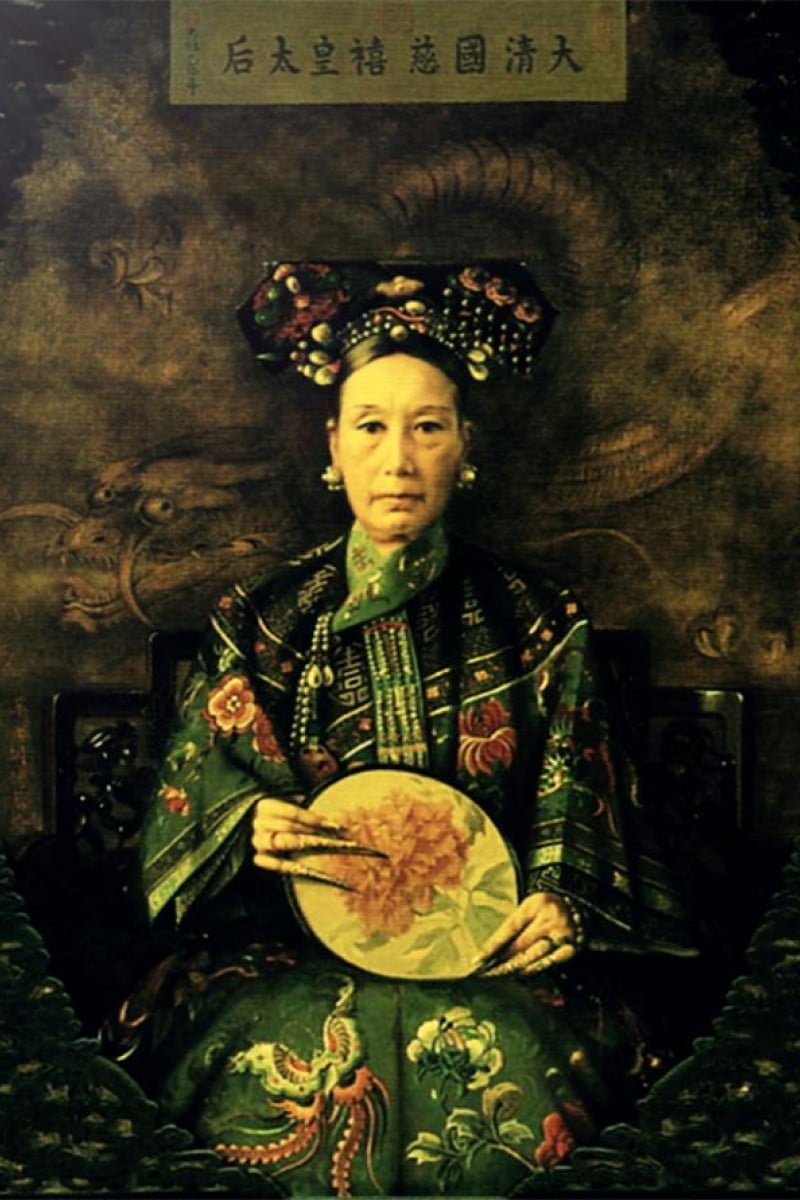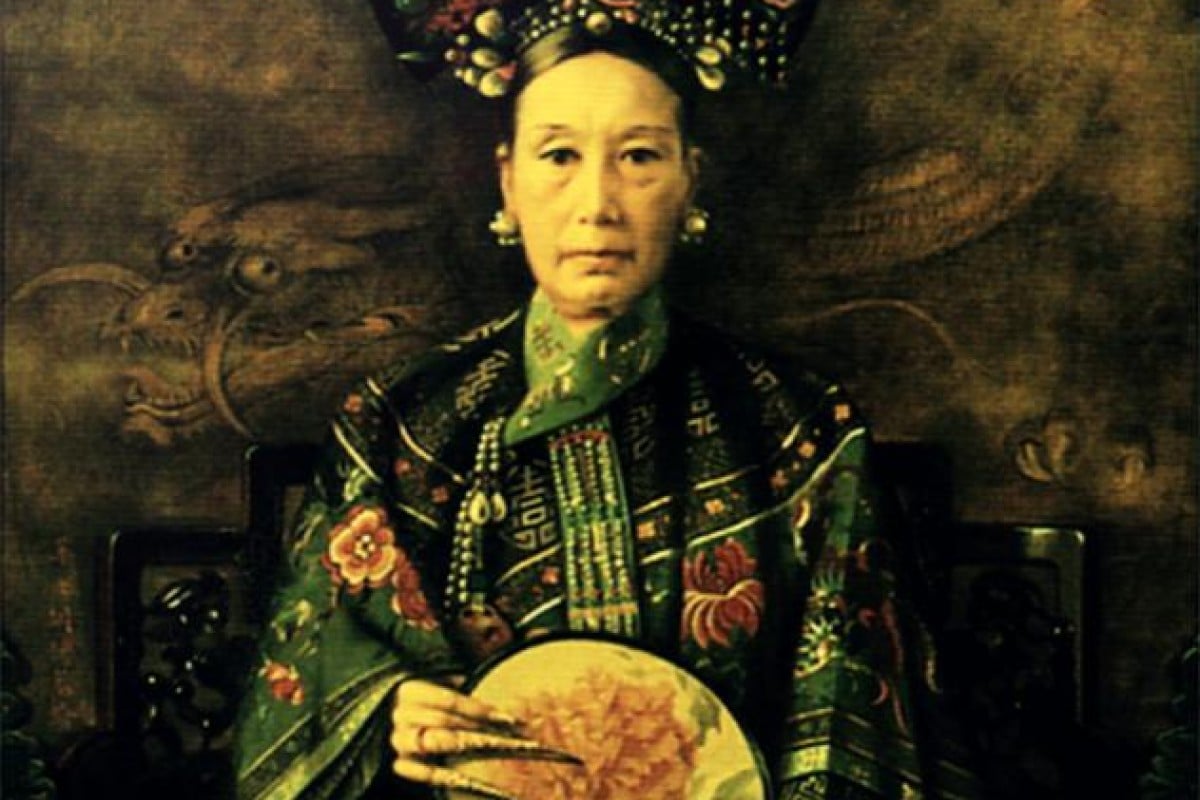
Empress Cixi biography is a perfect non-fiction text for your SBA

What is it?
Life in politics is always tough. Even more so when there are constant plots to kill you and strip you of your power – power which, by the way, you don’t formally have. That was Empress Dowager Cixi’s life story; the woman who ruled China in the 19th century and arguably the most important Chinese woman in history.
Born in 1835, Cixi was brought in as a concubine – a sort of secondary wife – to emperor Xianfeng. She wasn’t a very high-ranking concubine, but this all changed when she had a son. While raising the emperor’s son, Cixi tried to talk to the emperor to give him advice on how to run the country. At that time, a woman even daring to talk about politics was unthinkable, so the idea that Cixi thought she could offer the emperor advice did not go down well. On his death bed, to stop Cixi from getting into power, Xianfeng set up an eight-man group of regents (people chosen to rule), meaning there wouldn’t be one single person in charge until his son was old enough to rule.
Although Cixi had no power, she managed to mount a coup against the regents, under the pretence that they were trying to take power from her son, the true emperor. She was successful, and deemed that she should rule from behind the scenes until the emperor was old enough to make decisions on his own. The problem was that when her son grew up, Cixi would once again be left powerless. But when her son died aged 18 in 1875, she adopted the emperor’s nephew to raise him – and ensure she remained in power. While ruling from behind the scenes, she managed to guide the country through foreign wars, suppressed rebellions and led the country to modernisation.
What’s so great about it?
After Cixi died, a man named Blackhouse who lived in Beijing wrote books about her. He also gave lots of information about her to journalists, so there was a lot of published material that portrayed her as a very cruel, oppressive ruler who murdered without a second thought and spent the nation’s money on herself.
However, historians now believe that most of what he wrote and said was false. This means that the picture painted of Cixi throughout history is very intriguing, as people are unsure what to believe. But regardless of what people think about Cixi’s character, there’s no escaping the fact that she transformed China from an antiquated nation to a modern country. She was responsible for introducing industries, railways, electricity, the telegraph, and an army and navy with up-to-date weaponry.
These are the things that set China on its course to become a huge, powerful country, and none of this would have been possible if it hadn’t been for Cixi. Most remarkable of all, is that she did all of this work from behind the scenes.
Why you need to use it for SBA
Cixi is an interesting character to look at for your SBA for a lot of reasons. While other biographers and historians portray Cixi as a cruel, self-centred ruler, Juang portrays her as a forward-thinking, even caring leader who did great things for her country. This could provide an interesting point of discussion for your individual presentation or group talk.
As well as being an insightful, interesting look at China’s history from another perspective, the biography also highlights the importance of context. In her situation, and with her lack of formal power, Cixi made the best of her situation to enable change. In terms of attitudes, the biography is eye-opening in highlighting the lack of voice women had – and still often have – in China. This provides a lot to talk about in terms of culture, history and gender roles. If you have to pick a historical figure who can teach young Hongkongers valuable lessons, Cixi has plenty to offer. She understood patience, persistence, strategy and foreign relations, to name but a few.
If you enjoyed Empress Dowager Cixi: The Concubine Who Launched Modern China, you might also like:
- Nothing to Envy: Ordinary Lives in North Korea by Barbara Demick
- Half of a Yellow Sun by Chimamanda Ngozi Adichie
- The Secret History of the Mongol Queens: How the Daughters of Genghis Khan Rescued His Empire by Jack Weatherford